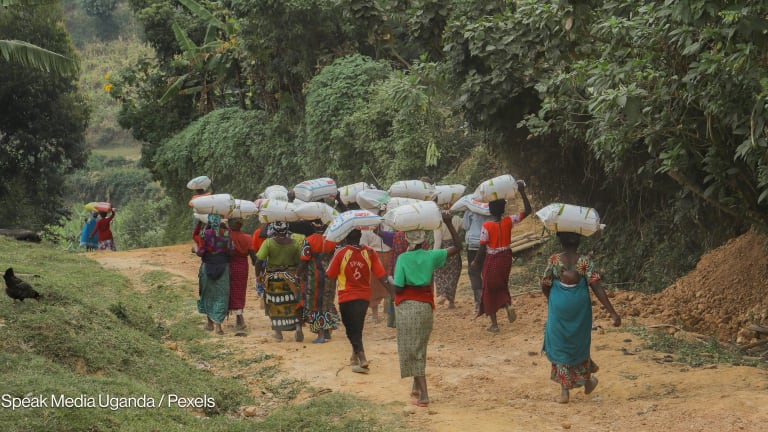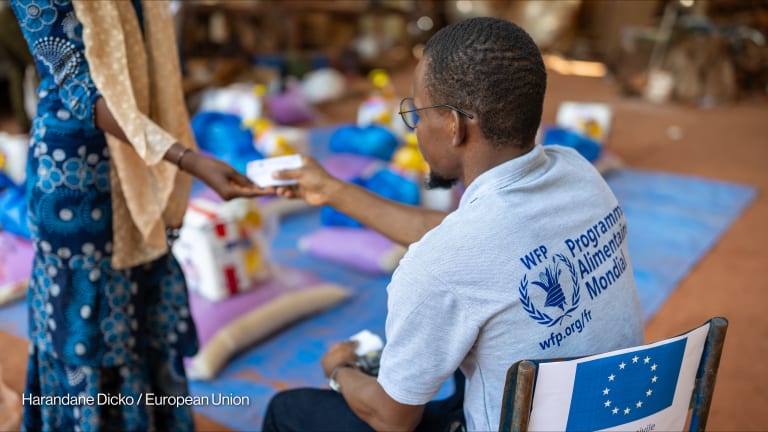In a tiny office in western Paris, Julia Benn, Suzanne Steensen and Raundi Halvorson-Quevedo will count the money the world spends on achieving the Sustainable Development Goals.
A three-person team within the Organization for Economic Cooperation and Development, Benn, Steensen and Halvorson-Quevedo are laying the groundwork for one of the foundational commitments of the Addis Ababa action agenda: building a framework to track development assistance, in its increasingly diverse forms, and incorporate incentives for donors and stakeholders to use the most proven and impactful instruments for sustainable development. They will present their framework for final approval to the United Nations General Assembly in mid-2017.
But the OECD, also home to the Development Assistance Committee that sets the rules for what donors can count toward official development assistance, is in some ways an odd choice for the job.
Search for articles
Most Read
- 1
- 2
- 3
- 4
- 5








